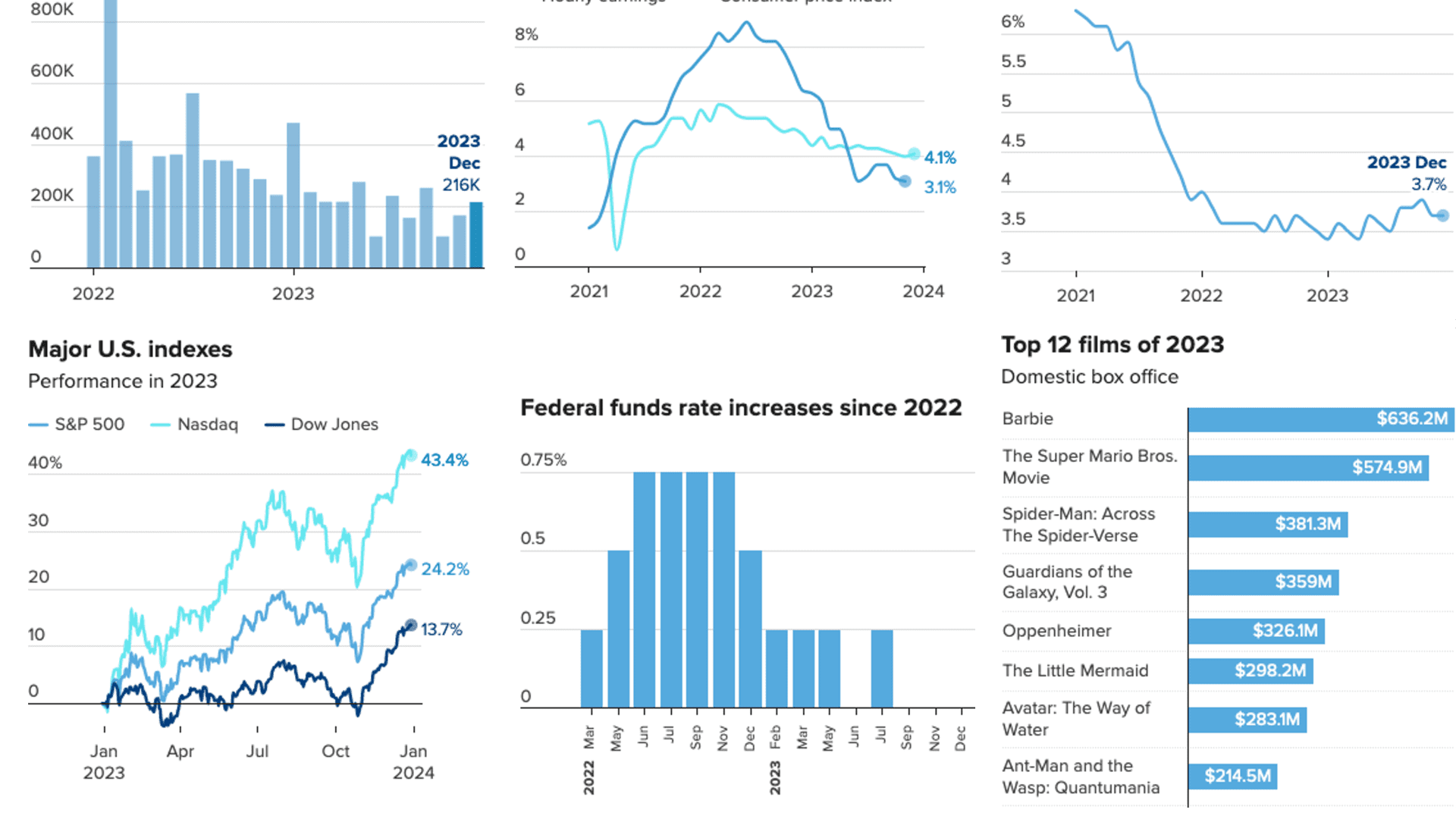The Resilience Revolution: How Smart Companies Are Thriving in an Uncertain Economy
Uncertainty has become the new normal. From global supply chain disruptions and inflation to evolving workforce expectations and rapid technological change, businesses today are navigating one of the most unpredictable landscapes in modern history. Yet, amid the chaos, some companies aren’t just surviving — they’re thriving.
Their secret? Resilience.
But resilience isn’t just about bouncing back anymore — it’s about bending without breaking, adapting in real time, and transforming challenges into strategic advantages. The companies leading this new Resilience Revolution are redefining what it means to succeed in a world where change is the only constant.
Here’s how they’re doing it.
1. Agility Over Rigidity
In the past, big was powerful. Now, nimble is powerful. The most successful businesses have traded rigid five-year plans for flexible frameworks that evolve with circumstances.
Agility means building systems that respond, not react. It’s the ability to pivot quickly without losing direction — whether that means shifting supply chains, updating product lines, or embracing remote operations overnight.
Take the example of small manufacturers who, during global shipping delays, began sourcing materials locally or adjusting production to meet regional demand. Or tech startups that adopted hybrid work models early, saving on real estate costs while expanding their global talent pool.
These companies don’t wait for stability — they create it through adaptability.
2. People-Centered Leadership
A resilient company starts with resilient people. The pandemic reminded leaders that their most valuable asset isn’t technology or capital — it’s trust.
Smart companies are investing in people-first leadership — building cultures rooted in empathy, communication, and flexibility. They’re moving away from top-down hierarchies and empowering teams to make decisions closer to the action.
Flexible work schedules, mental health programs, and upskilling opportunities are no longer perks; they’re pillars of sustainability. When employees feel valued and supported, they don’t just perform better — they innovate under pressure.
Resilient leaders understand that a company’s adaptability mirrors its people’s well-being.
3. Digital Transformation With Purpose
Every company today claims to be going digital, but true resilience comes from using technology with intent.
Automation, data analytics, and artificial intelligence are no longer luxuries — they’re lifelines. Businesses that invested in digital transformation early were the first to rebound from disruption. But technology alone isn’t enough; it’s how it’s used that matters.
The smartest companies use data not just to track performance, but to anticipate challenges. They harness AI to improve efficiency, personalize customer experiences, and uncover new opportunities before competitors even see them.
Digital transformation done right isn’t about replacing people — it’s about freeing them to focus on strategy, creativity, and long-term growth.
4. Financial Foresight and Flexibility
Resilient companies think like marathoners, not sprinters. They plan for cash flow continuity, not just short-term profit.
The lesson from recent years is clear: even profitable businesses can crumble without liquidity when crisis strikes. Smart companies are diversifying revenue streams, maintaining emergency reserves, and rethinking debt structures to stay agile in tough markets.
They’re also embracing flexible pricing models, such as subscriptions or on-demand services, to stabilize income during fluctuations.
Financial resilience is no longer about stockpiling resources — it’s about strategically deploying them when the landscape shifts.
5. Purpose as a Competitive Edge
Perhaps the most defining characteristic of the Resilience Revolution is purpose. In times of uncertainty, clarity of mission becomes a company’s true north.
Organizations that operate with authenticity — prioritizing sustainability, community, and ethical responsibility — are finding that purpose drives both loyalty and profitability. Consumers are increasingly aligning their spending with their values, and businesses that reflect those values earn lasting trust.
Purpose doesn’t mean charity; it means alignment. When strategy and integrity move in the same direction, resilience becomes natural.
6. The New Definition of Success
The companies thriving today aren’t necessarily the biggest or oldest — they’re the most adaptable. They view disruption not as a threat but as a test of creativity. They invest in relationships, technology, and innovation with the long game in mind.
Success in this economy isn’t about predicting the future; it’s about being ready for anything.
The Resilience Revolution isn’t a trend — it’s a transformation. It’s changing how companies think, lead, and grow in an unpredictable world.
In this new era, the strongest businesses aren’t the ones with the most resources. They’re the ones with the most resourcefulness.
Because in an uncertain economy, resilience isn’t just survival — it’s strategy. And for the smart companies who embrace it, uncertainty isn’t the end of the story. It’s the beginning of reinvention.







